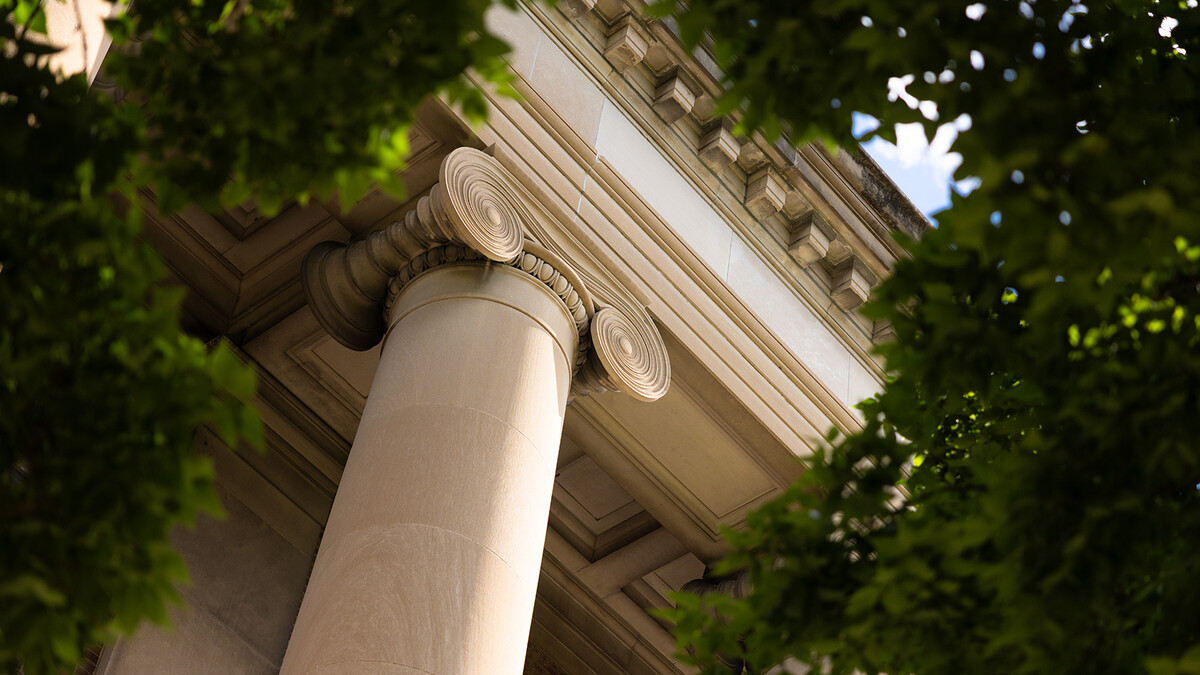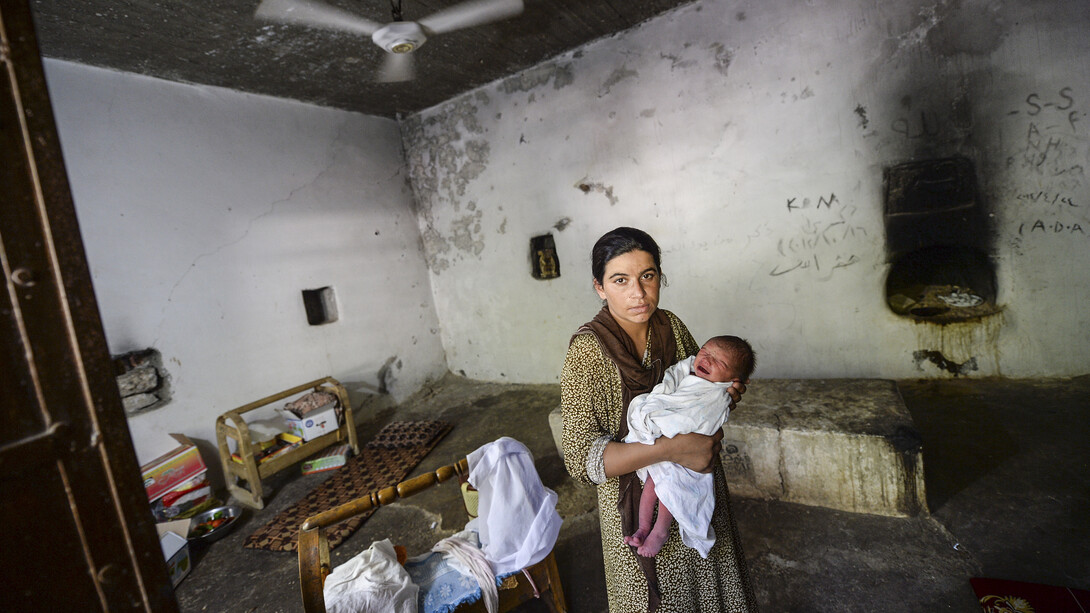
“I am not the only one.”
So said Nadia Murad in a September 2016 appearance before Lincoln’s Yazidi community.
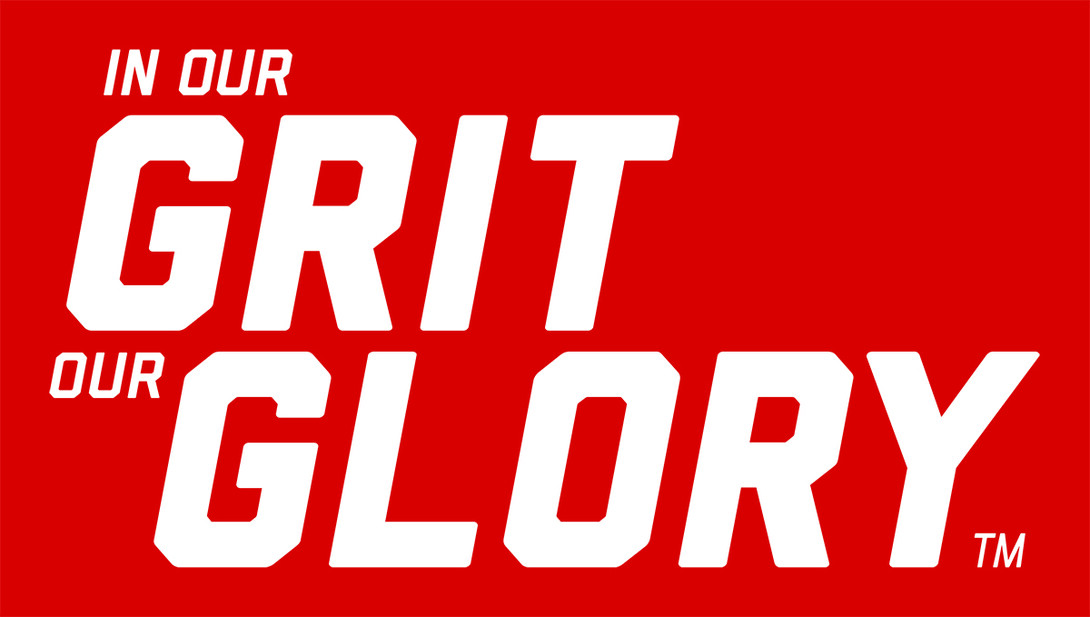
Murad, 25, who was named a Nobel Peace Prize winner on Oct. 5, was among thousands of women who were captured and held as sexual slaves after Islamic State fighters attacked the Yazidi religious minority living in northern Iraq in 2014. The prize recognized her international advocacy on behalf of victims of war crimes.
Among the listeners at the Lancaster County Event center that September were Huskers Hadi Pir, a Yazidi man who came to Lincoln with his wife and family in 2012, and Ziyad Smoqi, another Yazidi who has been in Lincoln with his wife and children since 2010.
“Nadia’s voice is powerful because she is a true survivor. She speaks the truth, because she experienced it, and it makes her more powerful.”
— Ziyad Smoqi, Yazidi activist and Nebraska mechanical and materials engineering doctoral student
While working to change the world, Pir and Smoqi both have chosen the University of Nebraska-Lincoln to advance their education. Pir completed his master’s degree in teaching, learning and teacher education in May 2018, and Smoqi now is in the first year of a doctoral program in mechanical and materials engineering. Both won their passage to the United States after serving as interpreters for the U.S. military after the 2003 invasion of Iraq. The Lincoln residents are part of the largest Yazidi community in America, about 2,500 people.
They are among American Yazidis who have worked closely with Murad to highlight the plight of the Yazidi people in the wake of the Islamic State attacks — which have been recognized as genocide by the United Nations.
Pir and Smoqi helped create Yazda, an international advocacy group that works to heal the Yazidi people and prevent future genocides.
“Yazda was established in response to the last genocide against the Yazidis,” Smoqi said. “According to our history, this religious minority has been subjected to 74 genocides over the years. We want this to be the last genocide.”
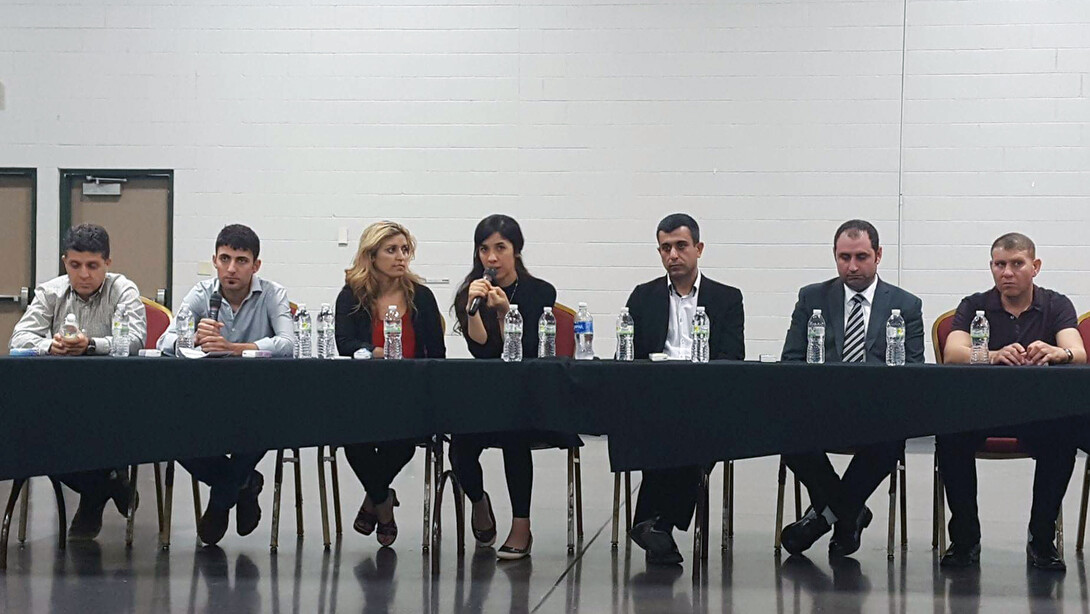
The group was formed after ISIS attacked Sinjar in August 2014 with the intention of wiping out Yazidism in Iraq. Pir, Smoqi and other Yazidi people in the United States rushed to Washington D.C. to plead for American intervention. They were provided advice and information that helped U.S. authorities deliver aid and conduct air strikes in Sinjar – but they were unable to prevent the Aug. 15, 2014, massacre in Kocho, where about 700 men from the village of about 1,110 were lined up and shot.
Nadia Murad was among about 150 women and girls, ranging in age from about 9 to 28, who were taken into captivity as sexual slaves. Six of her brothers had been killed in the massacre. Her mother’s body later was found in a mass grave, along with those of about 60 other women who had been killed near Sinjar city. Murad was handed off among the militants and repeatedly raped before she was able to escape after three months.
Yazda learned of Murad after she gave an interview with a local Iraqi TV show. Yazda members in England helped her connect with a Scottish member of Parliament, which eventually led her to addressing the British Parliament.
“I’ve known Nadia since 2015,” Pir said. “Two of our friends in the U.K. met her in London. They were absolutely fascinated by the way she talked to people and the way she told her story about what was happening.”
In 2015, U.S. government officials asked Yazda for someone who could talk to Congress and the U.N. Security Council about the Yazidis’ plight. Yazda recommended Murad and a meeting was arranged with Samantha Power, then U.S. Ambassador to the United Nation.
Since then, Yazda has continued to work closely with Murad, providing advice and support before her December 2015 speech to the U.S. Security Council and in many other appearances and activities since then.
“Nadia delivered the message we wanted to deliver for our people, who have been voiceless in Iraq, ” said Smoqi. “Nadia’s voice is powerful because she is a true survivor. She speaks the truth, because she experienced it, and it makes her more powerful.”
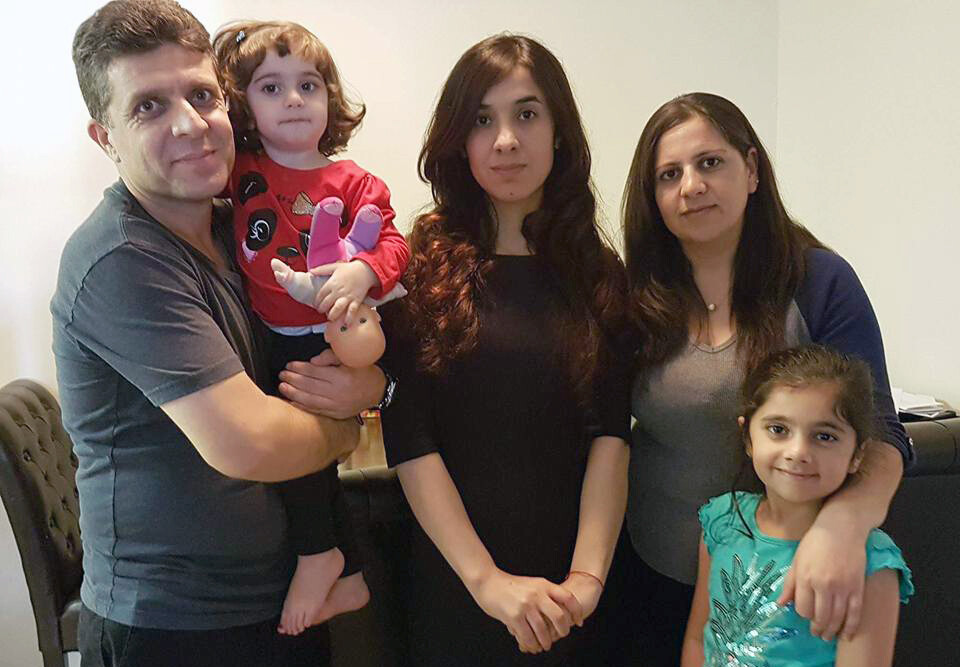
Murad had been named the U.N.’s Goodwill Ambassador for the Dignity of the Survivors of Human Trafficking and was under consideration for the Nobel Peace Prize by the time of her 2016 visit to Lincoln. Home to about 2,500 Yazidi people, Lincoln contains the largest Yazidi community in the United States. Murad stayed with Pir’s family during her visit to the city.
Pir said he last met with Murad in July 2018, at the U.S. State Department’s first Ministerial to Advance Religious Freedom, which convened religious leaders, rights advocates, members of civil society organizations, government officials and representatives of international organizations to discuss the challenges facing religious freedom around the world.
“She’s a Nobel Prize winner, she has a stronger voice now ,” Pir said, noting that Murad recently met with Vice President Michael Pence. “We need her voice. We need her power as a strong woman, as a Nobel Prize winner, as a human rights activist. We need her now more than ever.
When Murad spoke in Lincoln, she emphasized unity for the Yazidi community.
“When I first entered this hall, I met two women who lost family,” she said. “Each one of us has been affected by these atrocities. … We only have each other and we must help each other rebuild.”


